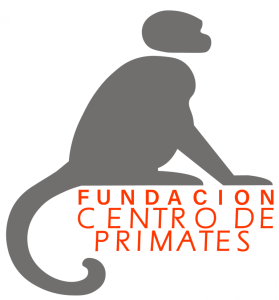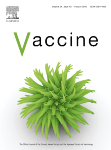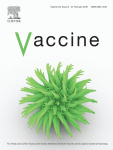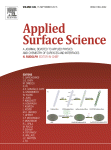Following an inspection earlier this month, Colombia’s FDA has suspended all human research at a facility that until this summer had been receiving U.S. funding to develop a malaria vaccine.
The Malaria Vaccine and Development Center, in the city of Cali in western Colombia, is part of the Caucaseco Scientific Research Consortium, which is run by husband-and-wife team Myriam Arévalo-Herrera and Sócrates Herrera. The couple has secured more than $17 million from the U.S. National Institutes of Health (NIH) since 2003.
As we reported in April, an investigation by the group People for the Ethical Treatment of Animals (PETA) exposed a host of serious problems at the facilities, including widespread animal abuse and falsified research approvals. The NIH defunded the facilities in June, as first reported by STAT.
According to a statement released on August 5 (in Spanish), the Colombian National Institute of Drug and Food Surveillance (Invima) made the following findings during its inspection of the Malaria Vaccine and Development Center:
Continue reading Colombia drug regulator halts clinical research at US-funded facility



